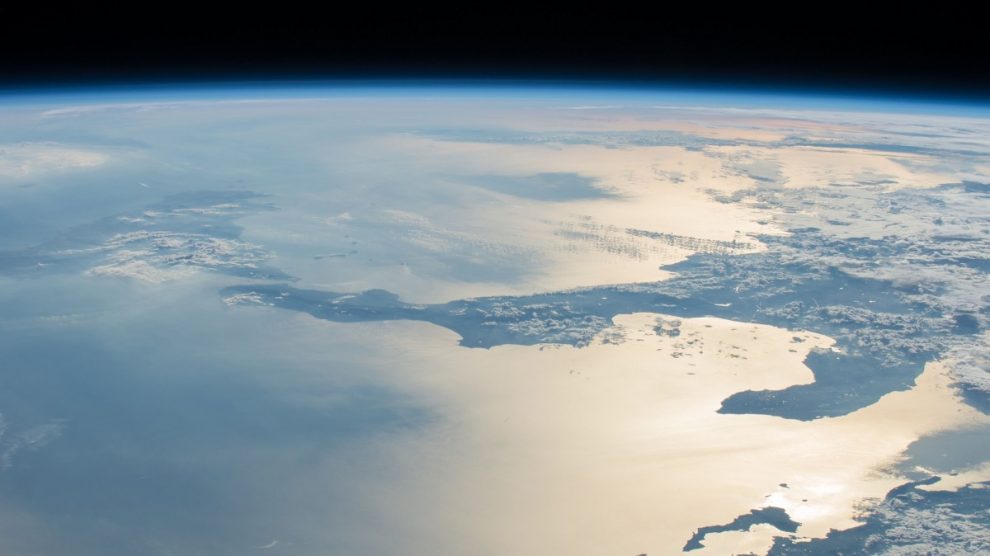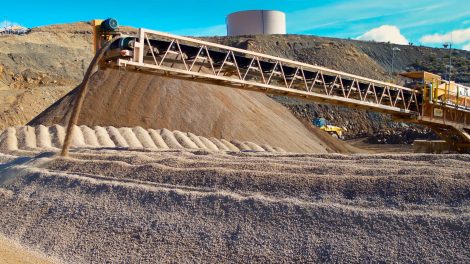In the name of Enrico Mattei. The founder of Eni, Italy’s State-run energy company, transformed it from a post-war relic to a major multinational by investing in MENA countries and closing major oil agreements. He also introduced the principle that the countries owning the oil reserves stood to receive 75% of the profits from their exploitation, making Eni the first major Western company to offer fair deals.
- All this made him the namesake of Italy’s international energy politics. And Italian Prime Minister Giorgia Meloni, along with the entire government, is touting a “Mattei Plan” – modelled after the legendary entrepreneur’s actions – to turn Italy into a gas hub in the Mediterranean.
Meloni’s own words. Speaking at the Med Dialogues in Rome, the PM called for the European Union to “be a two-way partnership, aimed at facilitating the exchange of energy sources [and] encouraging decarbonised energy production and green transition throughout the Mediterranean region.” And Italy, she added, “is and can be a natural hinge and energy bridge between the Med and Europe.”
- “This is one of the great strategic challenges that this government would like to pursue and on which we are working by virtue of our special geographical position, our infrastructure, our cooperative projection, and the valuable contribution of our companies. We boast a rich diversification of both routes – gas and electricity pipelines – and sources.”
Hit and miss. As noted by Arturo Varvelli (European Council on Foreign Affairs), the idea is far from new. In fact, over the past decades, three major gas pipelines were built to connect the Italian peninsula with fields in Algeria, Libya and Azerbaijan (through Turkey and Greece).
- Other projects, such as the EastMed pipeline, remained dead in the water – partly owing to technical challenges and high costs, and partly because the 2010 Arab Springs made the MENA area less desirable, thus pushing Europe (and Italy along with it) to rely ever more on Russia as a gas supplier.
Meloni’s geopolitical push. After Russia invaded Ukraine, then-PM Mario Draghi (sided by Eni’s CEO Claudio Descalzi) moved very quickly to cut Russian imports and diversify sources. Current PM Meloni is doubling down on this strategy, pushing to bolster energy ties with supplier countries while boosting commercial ties and investments.
- The most visible result of this push was the $8 billion deal Eni struck in late January with Libya, which entails increased supplies to Italy as well as carbon capture projects and solar energy investments in the country.
- PM Meloni also visited Algeria to talk about energy and investments, and received the Ethiopian and Somali Presidents in Rome.
- Meanwhile, Italian diplomats and officials have been travelling across the MENA region and striking deals along the same lines. They touched down in Turkey, Tunisia and Azerbaijan.
Looking forward, however, one must factor in the ecological transition – and thus the planned obsolescence of gas, which remains the “cleanest” of the fossil fuels, but a fossil fuel nonetheless. Italy looks well-positioned to strengthen its role as a methane utiliser and broker, but that role’s importance is likely to nearly sunset by 2050.
- Still, it’s no coincidence the deals Rome is brokering with MENA countries include local investments and scale-up efforts in renewable technologies. By strengthening ties through gas, the Meloni government is planning to aid Italy’s and other countries’ gradual switch to renewable power by developing generation capacity and interconnections.
- An example is the newly-launched ElMed electricity cable, which will link Tunisia and Italy and allow the former to export clean power to mainland Europe.
- Likewise, the EastMed pipeline (which is being revitalised in the wake of Russia’s invasion) is being touted as hydrogen-ready.





